When it comes to search engine optimization (SEO), understanding the concept of crawl budget is essential for maximizing the visibility and performance of your website.
Crawl budget refers to the number of pages search engines crawl within a given timeframe.
It is an important factor that determines how effectively search engines discover, index, and rank your website's content.
By optimizing your crawl budget, you can ensure that search engines allocate their crawling resources efficiently, resulting in improved SEO performance.
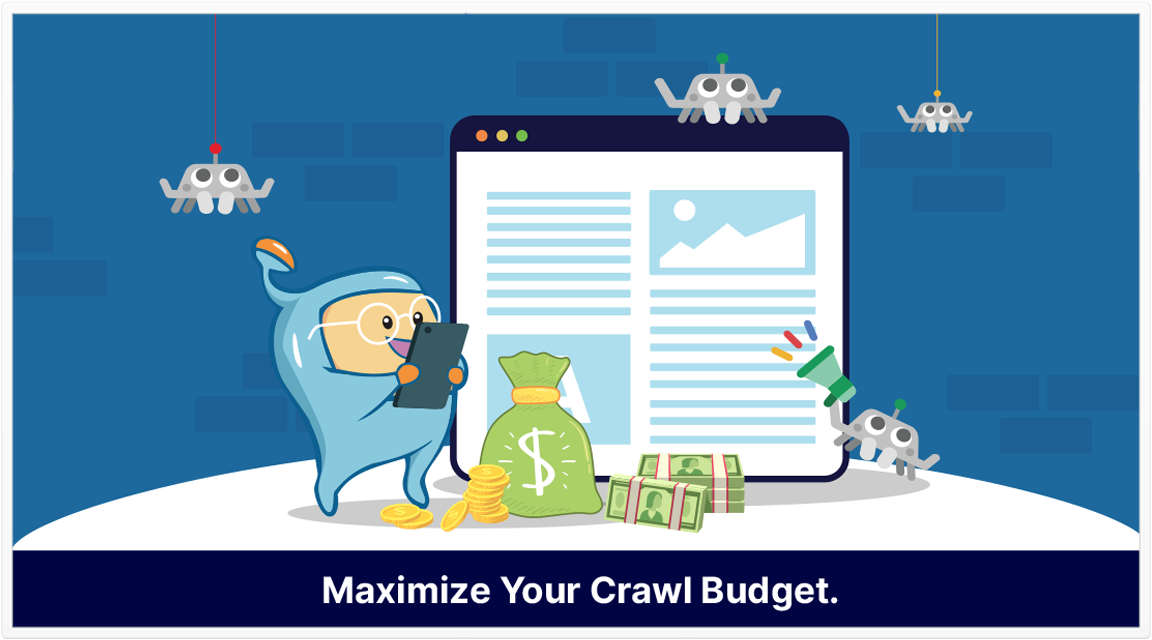
In this article, we will delve into the fundamentals of crawl budget, its significance for SEO, best practices to optimize it, and strategies to increase your website's crawl budget allocation.
Let's explore how you can enhance your website's crawlability and make the most out of search engine crawling and indexing.
Here is what you will read in this article:
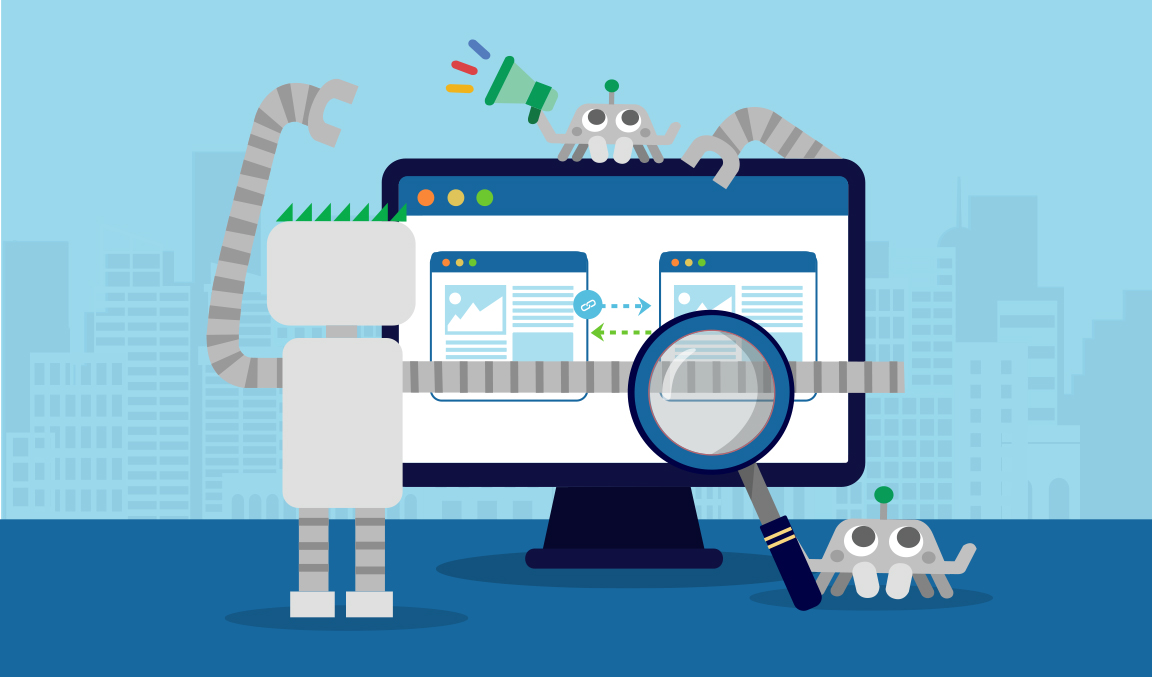
Crawl budget refers to the number of pages that search engines or search console crawl on a website within a specific timeframe.
It is calculated based on the crawl limit, which determines how frequently search engines can crawl a site without causing issues, and the crawl demand, which indicates how frequently they want to crawl a site.
If the crawl budget is wasted, it can result in inefficient crawling, poor SEO performance, crawl issues, and crawl rate limits.
Therefore, it is important to understand and optimize crawl budget to ensure effective indexing of your website.

Search engines have limited resources and need to distribute their attention across millions of websites.
Assigning a crawl budget to each website helps search engines prioritize their crawling efforts.
By allocating an average crawl budget, search engines can determine how frequently they should crawl a particular site.
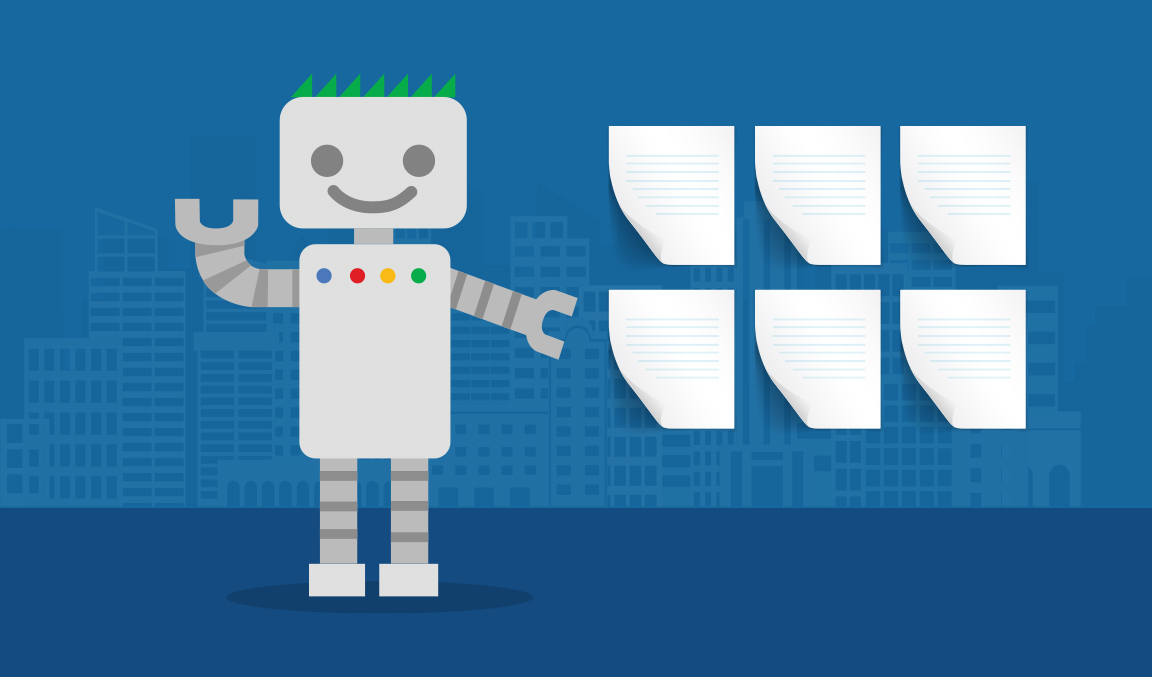
Crawl budget optimization involves assisting search engines, particularly Googlebot, in crawling and indexing more of your important content.
There are three main ways to achieve crawl budget optimization:
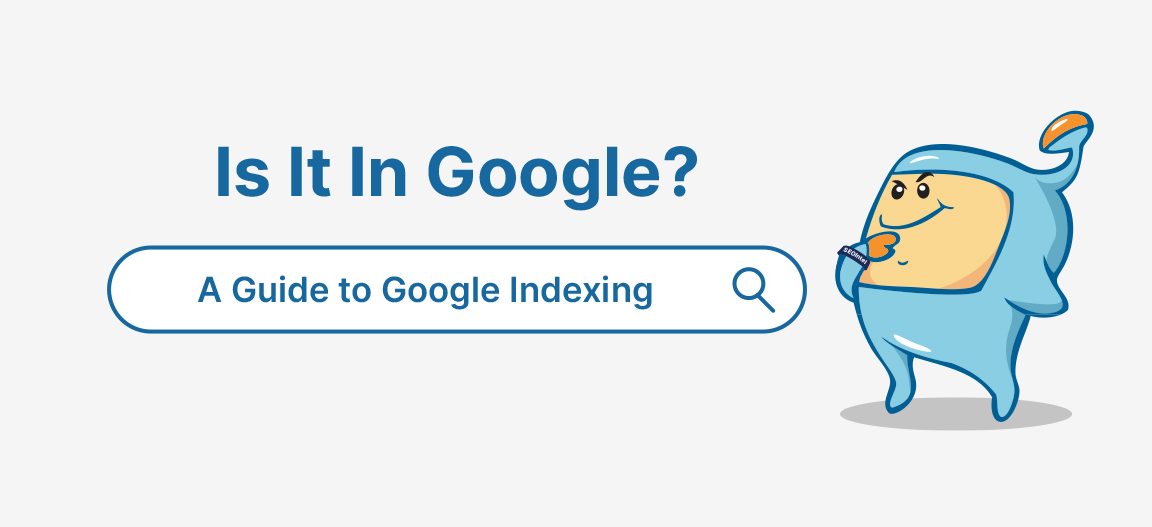
Crawl budget is essential for SEO because if a page is not indexed by search engines, it cannot rank for any keywords.
While most websites do not need to worry about crawl budget, there are specific scenarios where it becomes crucial:
To maximize your crawl budget, it's important to follow best practices and implement optimization techniques.
To make the most of your crawl budget, consider the following best practices:
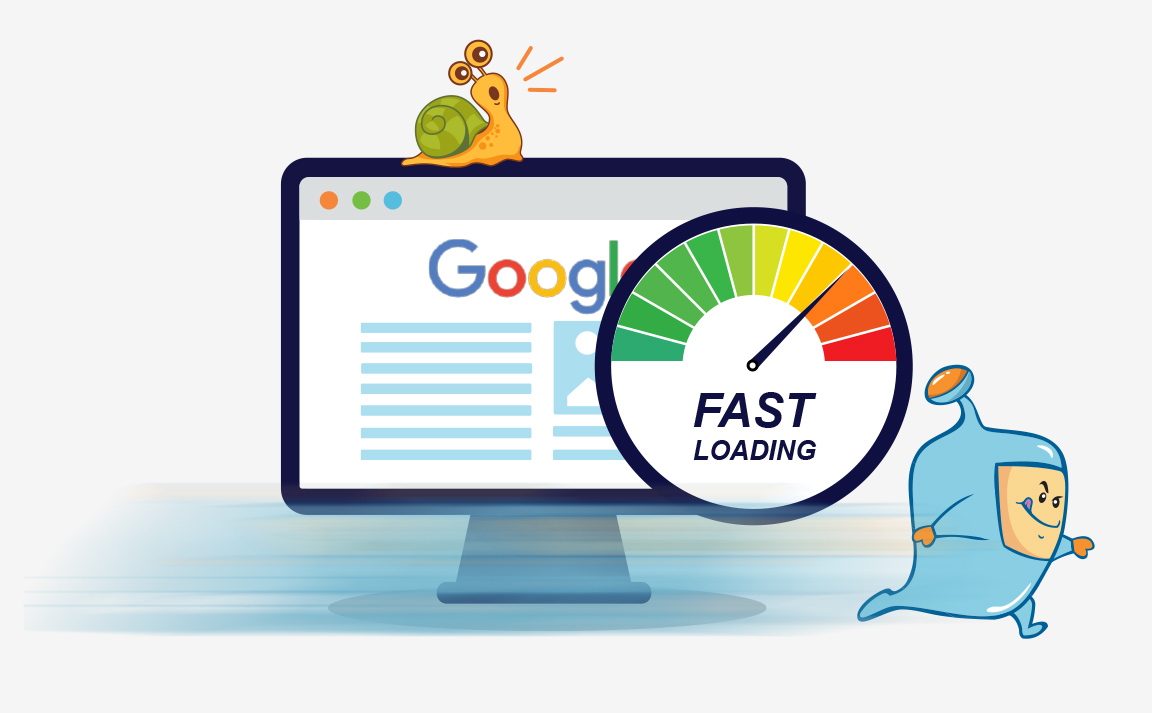
Optimizing your website's page speed can result in search engine bots crawling more of your site's URLs.
Faster-loading pages provide a better user experience and allow search engines more time to visit and index your pages.
Prioritize pages with a high number of internal and external links pointing to them.
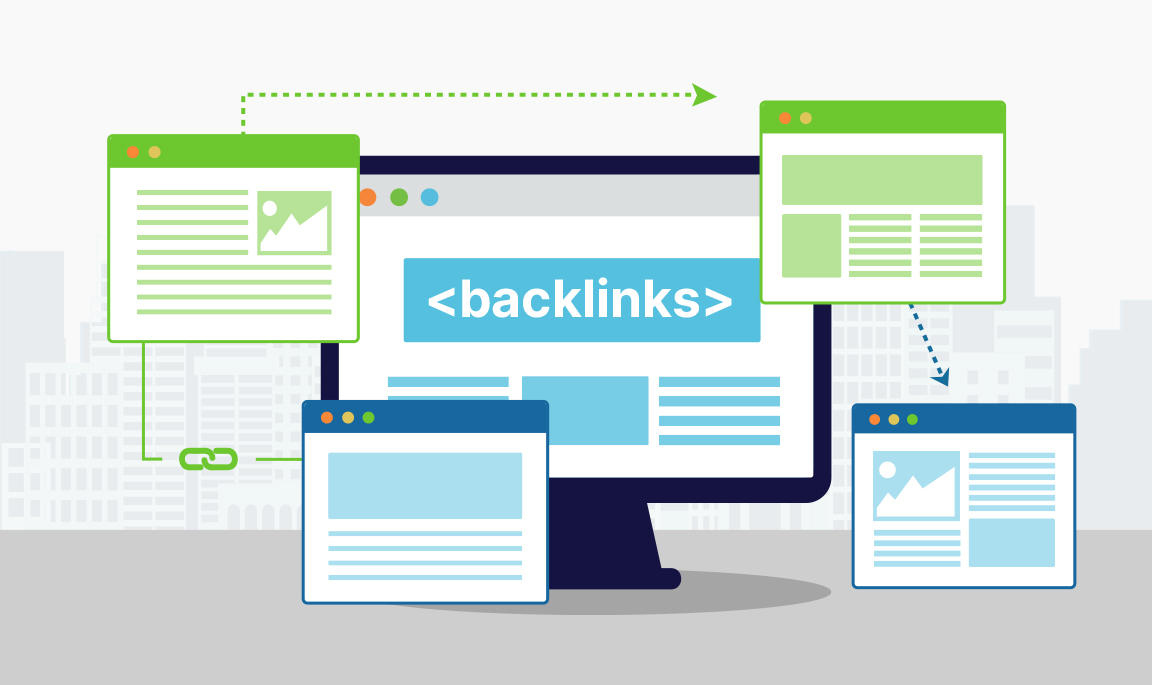
Internal linking is crucial for guiding search engine bots to all the pages you want to be indexed.
While it may not be feasible to have external backlinks pointing to every page, internal links ensure that important pages are discovered and crawled.
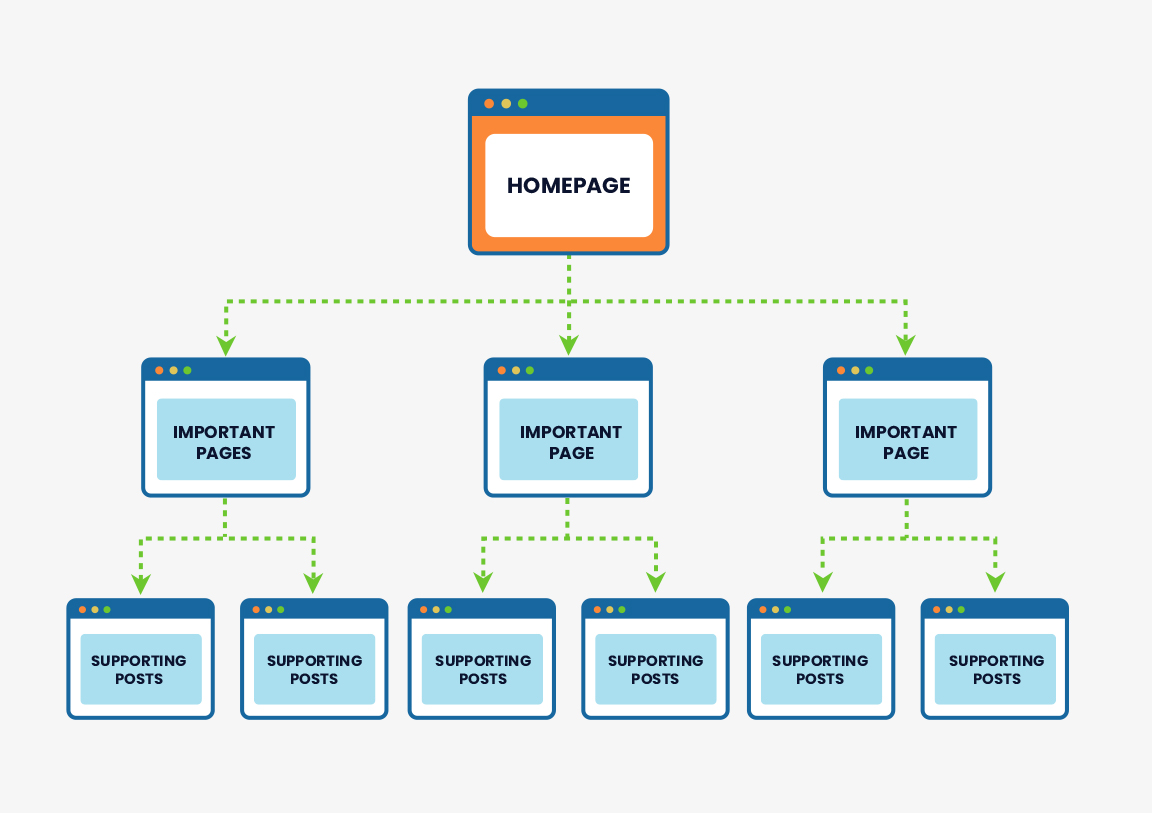
Implementing a flat website architecture can benefit your crawl budget.
Popular URLs on the internet are crawled more frequently, so arranging your site's pages in a flat structure ensures that link authority is distributed evenly across your pages.
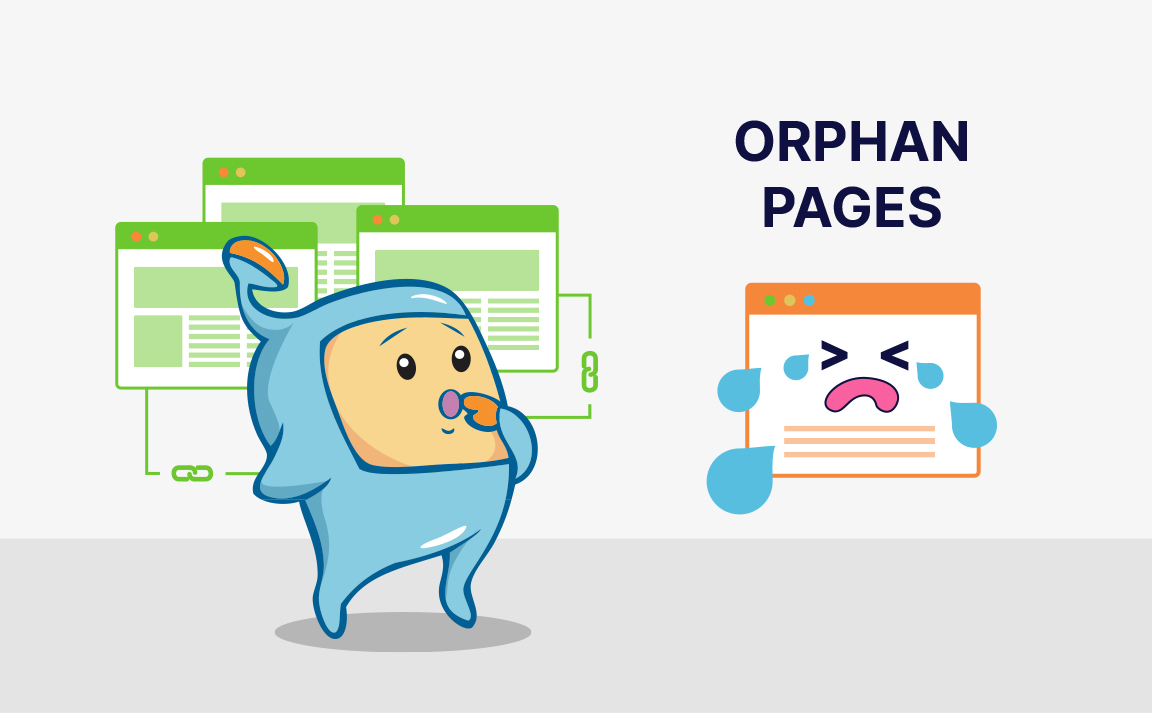
Orphan pages are those that have no internal or external links pointing to them.
These pages can be difficult for search engines to discover.
To maximize your crawl budget, ensure that every page on your site has at least one internal or external link directing to it.

Duplicate content can deplete your crawl budget, as search engines try to avoid indexing multiple pages with the same content.
To optimize crawl budget, make sure that all pages on your site have unique, high-quality content.
This is particularly important for larger sites with thousands of pages.
Search engines prioritize fresh and updated content.
Regularly adding new and relevant content to your website signals to search engines that your site is active and deserving of crawling.
This can help increase your crawl budget allocation and improve the indexing of your pages.
Ensure that each page on your website has unique and descriptive metadata, including title tags and meta descriptions.
These elements provide important information to search engines and can influence how they crawl and index your pages.
Additionally, use proper heading tags (H1, H2, etc.) to structure your content and make it more readable for both search engines and users.

XML sitemaps serve as a roadmap for search engine crawlers, guiding them to important pages on your website.
By creating and submitting an XML sitemap to search engines, you can ensure that all your relevant pages are discovered and crawled.
Regularly update the sitemap to reflect any changes or additions to your website's structure.
Images and other media files can contribute to the overall crawlability of your website.
Optimize your images by compressing them without sacrificing quality and adding alt tags that provide descriptive text.
This helps search engines understand the content of the images and improves the likelihood of indexing them.
Regularly monitor your website's crawl errors and fix them promptly.
Crawl errors, such as broken links, 404 pages, or server errors, can hinder the crawling process and waste your crawl budget.
By resolving these errors, you ensure that search engine bots can access and index your pages effectively.
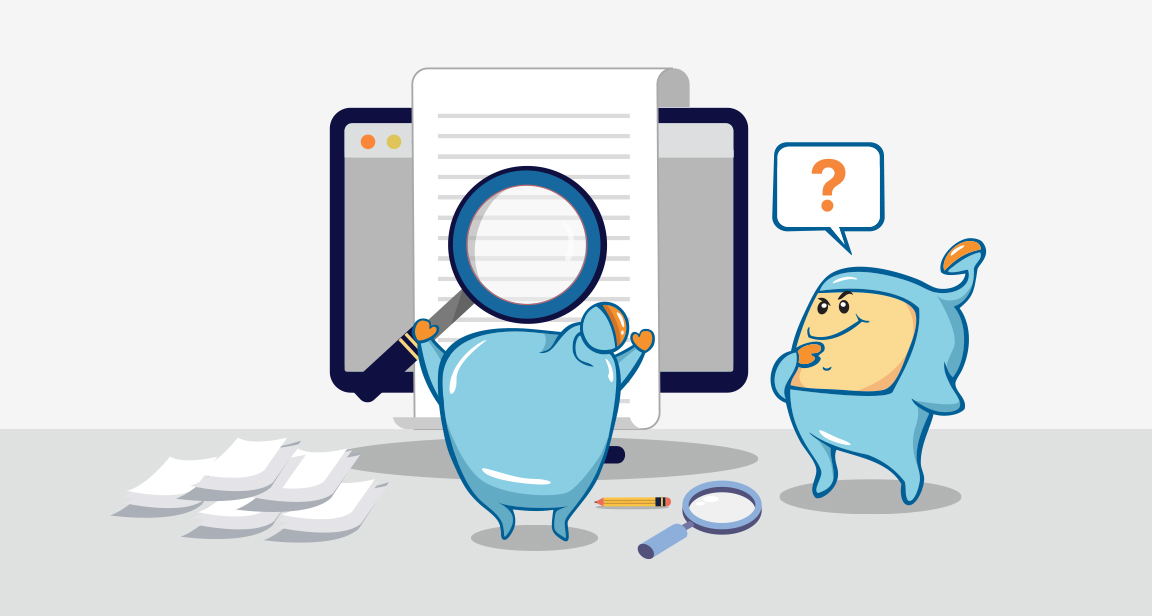
Keep track of the pages indexed by search engines and monitor any fluctuations or changes.
If you notice a significant drop in indexed pages, investigate the cause and address it promptly.
This could include checking for issues like noindex tags, canonicalization problems, or accidental blocking of important pages.
According to Google's former head of the webspam team, Matt Cutts, the number of pages search engines crawl is roughly proportional to the page authority.
To increase your website's crawl budget, you need to increase its authority, which can be achieved through obtaining more links from external websites.
Building a strong backlink profile and improving the overall authority of your website will positively impact your crawl budget.
Focus on acquiring high-quality backlinks from authoritative sources to enhance your website's crawlability.
Several factors can limit your crawl budget:
Understanding these limitations and addressing any technical issues that may impact your crawl budget will help ensure efficient crawling and indexing of your website.
Optimizing your crawl budget is not just a technical consideration; it is a business decision with potential benefits for your site's traffic and revenue.
By implementing the best practices mentioned above, you can make the most of your crawl budget, enhance your site's indexing and visibility, and ultimately drive better SEO performance.
Understanding crawl budget and its importance in the broader context of search engine optimization is key to achieving success in the online landscape.